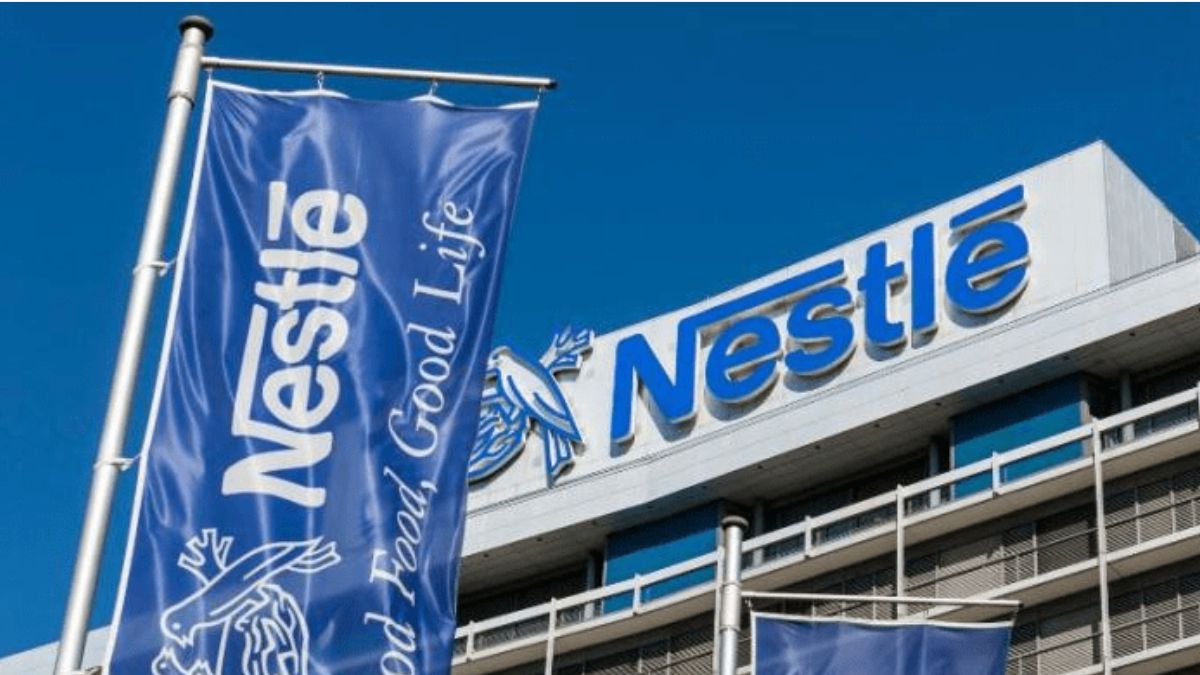Nigeria has officially commenced the sale of crude oil and refined petroleum products in naira, a move aimed at boosting the economy and reducing reliance on foreign currency transactions. The initiative, which began on October 1, was confirmed by the Minister of Finance and Coordinating Minister of the Economy, Wale Edun, following a Federal Executive Council (FEC) directive.
The announcement was made in a statement by Mohammed Manga, Director of Information and Public Relations at the Ministry of Finance. According to the statement, a post-commencement review of the initiative was conducted by an Implementation Committee led by Edun, with the participation of key stakeholders, including the Minister of State for Petroleum, the Special Advisers to the President on Revenue and Energy, and representatives from the Nigerian Midstream and Downstream Petroleum Regulatory Authority (NMDPRA) and the Nigerian National Petroleum Company (NNPC).
“This strategic initiative, a bold step taken by President Bola Tinubu’s administration, is expected to have a lasting impact on Nigeria’s economy by enhancing growth, stability, and self-sufficiency,” Manga said.
The new policy allows the NNPC to sell crude oil to the Dangote Petroleum Refinery and other local refineries in naira, rather than dollars. This move is expected to stabilize fuel prices and ease pressure on foreign exchange reserves, ultimately stabilizing the naira-dollar exchange rate and curbing inflation.
By increasing local refining capacity, the policy aims to reduce Nigeria’s dependence on imported fuel, saving billions of dollars that could be reinvested into other areas of the economy. The government also hopes this initiative will strengthen Nigeria’s energy security by ensuring a more reliable and self-sufficient fuel supply.
The policy comes after FEC’s approval of the proposal in August, marking a significant shift in Nigeria’s energy and economic strategy.v










